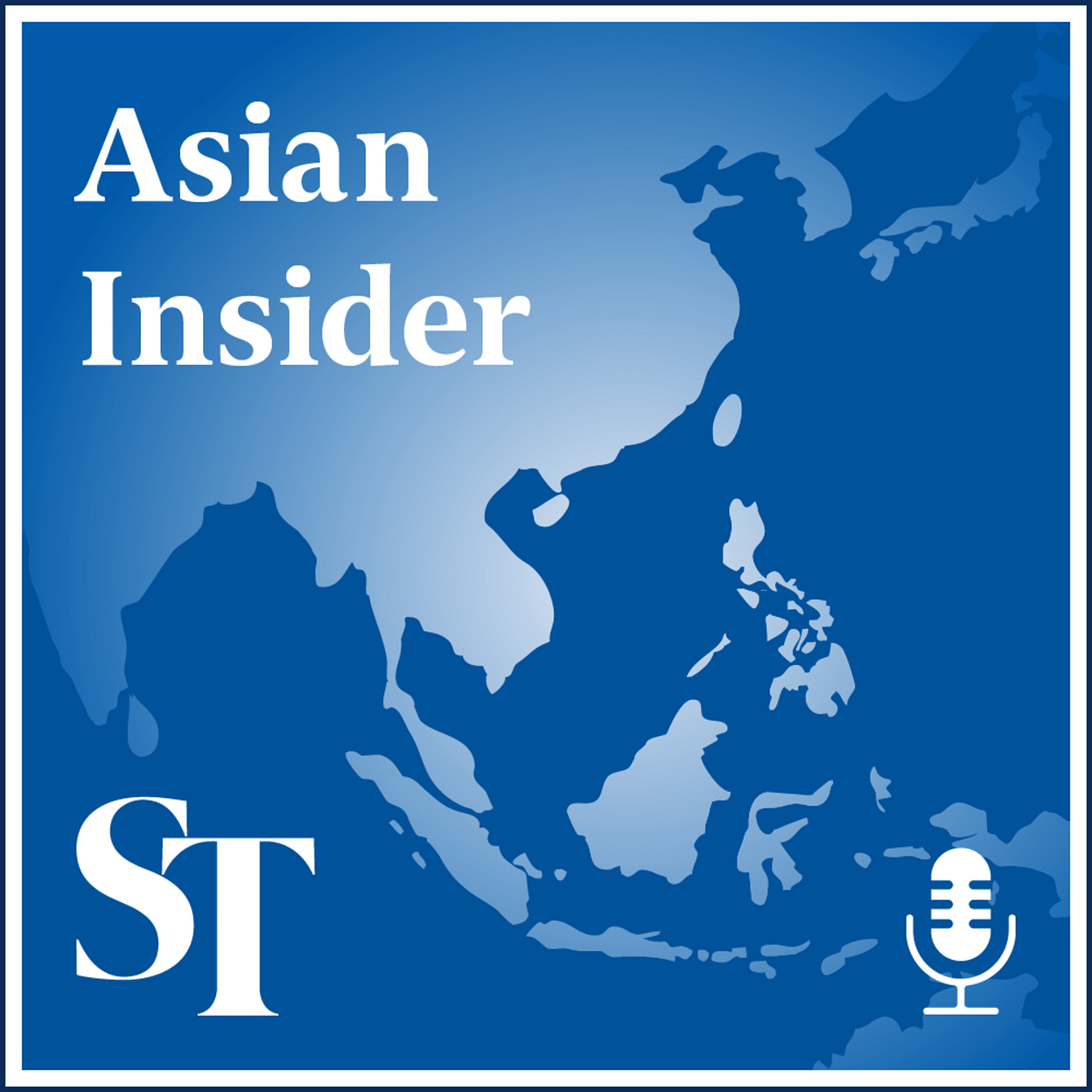Back
Asian Insider
Synopsis: Every Friday, get our distinct take on global issues with an Asian perspective, with ST’s globally-based correspondents.
Produced and edited by: Fa'izah Sani
Executive producer: Ernest Luis
A podcast by The Straits Times, SPH Media.
All Episodes
17 Jan 2025 · 12m 32s
Share
10 Jan 2025 · 21m 59s
Share
3 Jan 2025 · 31m 43s
Share
27 Dec 2024 · 23m 51s
Share
20 Dec 2024 · 18m 04s
Share
13 Dec 2024 · 29m 21s
Share
6 Dec 2024 · 20m 05s
Share
29 Nov 2024 · 26m 40s
Share
22 Nov 2024 · 17m 03s
Share
15 Nov 2024 · 29m 50s
Share
